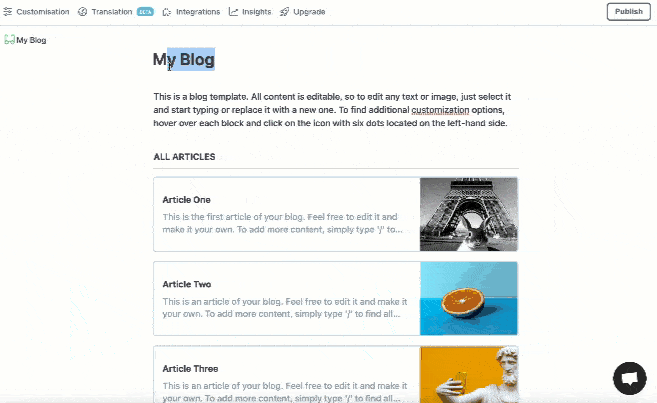New weight loss techuenique OMAD
The OMAD (One Meal a Day) is a type of intermittent fasting diet that has gained popularity in recent years. As the name suggests, OMAD only involves one meal a day, usually within an hour. In this blog, we explore the basics of the OMAD diet, its potential benefits and risks, and some tips to get you started.
How does OMAD work?
OMAD is a type of intermittent fasting that involves restricting your calorie intake for a period of time. With OMAD, you fast for 23 hours a day, and during the remaining hour, you eat one meal. This meal should be nutrient dense and provide your body with all the nutrients it needs to function properly.
Potential benefits of OMAD
Weight loss: OMAD can help you lose weight by reducing calorie intake and increasing fat burning. Since you only eat one meal a day, it's easier to maintain a calorie deficit, which is essential for weight loss.
Better insulin sensitivity: OMAD can improve your insulin sensitivity, which is important for controlling blood sugar and preventing diabetes. Increased mental clarity: Some people report increased mental clarity and focus while following OMAD, which may be due to fasting ketone production.
Time-saving: OMAD can save you time because you only have to prepare and eat one meal a day. This can be especially useful for those with busy schedules.
Potential dangers of OMAD
Nutritional Deficiencies: If you only eat once a day, it can be difficult for your body to use all the nutrients it needs. It is important to make sure that one meal is nutritious and contains all the necessary vitamins and minerals. Hunger and Cravings: Fasting 23 hours a day can be difficult, especially at first. Some people experience hunger, fatigue, and cravings while fasting.
Overeating: Some people may be tempted to overeat during their one-hour meal time, which can lead to overeating and weight gain.
Tips for getting started with OMAD
Start slow: If you are new to fasting, it is best to start slowly and gradually increase your fasting time. Start by skipping breakfast, then gradually reduce your eating window until you're eating just one meal a day. Stay hydrated: It is important to stay hydrated during the fasting period. Drink plenty of water, herbal tea, or other calorie-free beverages.
Eat nutritious meals: One meal should be nutritious and contain all the necessary vitamins and minerals. Focus on whole foods like fruits, vegetables, lean proteins, and healthy fats.
Listen to your body: Pay attention to how your body feels during the fasting period and adjust accordingly. If you feel too hungry or tired, this may be a sign that OMAD is not for you.
I hope this helped you!

ALL ARTICLES


